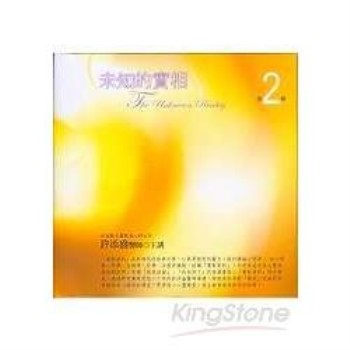Karl Barth (1886-1968) is generally acknowledged to be the most important European Protestant theologian of the twentieth century, a figure whose importance for Christian thought compares with that of Augustine, Thomas Aquinas, John Calvin, Martin Luther, and Friedrich Schleiermacher. Author of the Epistle to the Romans, the multi-volume Church Dogmatics, and a wide range of other works - theological, exegetical, historical, political, pastoral, and homiletic - Barth has had significant and perduring influence on the contemporary study of theology and on the life of contemporary churches. In the last few decades, his work has been at the centre of some of the most important interpretative, critical, and constructive developments in in the fields of Christian theology, philosophy of religion, and religious studies.
The Oxford Handbook of Karl Barth is the most expansive guide to Barth’s work published to date. Comprising over forty original chapters, each of which is written by an expert in the field, the Handbook provides rich analysis of Barth’s life and context, advances penetrating interpretations of the key elements of his thought, and opens and charts new paths for critical and constructive reflection. In the process, it seeks to illuminate the complex and challenging world of Barth’s theology, to engage with it from multiple perspectives, and to communicate something of the joyful nature of theology as Barth conceived it. It will serve as an indispensable resource for undergraduates, postgraduates, academics, and general readers for years to come.| FindBook |
有 1 項符合
The Oxford Handbook of Karl Barth的圖書 |
 |
The Oxford Handbook of Karl Barth 作者:Nimmo 出版社:Oxford University Press, USA 出版日期:2020-02-17 語言:英文 規格:精裝 / 736頁 / 普通級/ 初版 |
| 圖書館借閱 |
| 國家圖書館 | 全國圖書書目資訊網 | 國立公共資訊圖書館 | 電子書服務平台 | MetaCat 跨館整合查詢 |
| 臺北市立圖書館 | 新北市立圖書館 | 基隆市公共圖書館 | 桃園市立圖書館 | 新竹縣公共圖書館 |
| 苗栗縣立圖書館 | 臺中市立圖書館 | 彰化縣公共圖書館 | 南投縣文化局 | 雲林縣公共圖書館 |
| 嘉義縣圖書館 | 臺南市立圖書館 | 高雄市立圖書館 | 屏東縣公共圖書館 | 宜蘭縣公共圖書館 |
| 花蓮縣文化局 | 臺東縣文化處 |
|
|
圖書介紹 - 資料來源:博客來 評分:
圖書名稱:The Oxford Handbook of Karl Barth
內容簡介
作者簡介
Paul Dafydd Jones, Associate Professor of Religious Studies, University of Virginia, Paul T. Nimmo, King’s Chair of Systematic Theology, University of Aberdeen
Sermons on the Final Verses of the Song of Songs: Volume III
Devotional Comforted by God Faux Leather
Devotional Finding Wisdom in Proverbs Faux Leather
Healing Together: Trauma Informed Care for Spiritually Integrated Communities
Faith in the Midst
Mediæval Mystical Tradition and Saint John of the Cross
Mediæval Mystical Tradition and Saint John of the Cross
Wisdom: Making Godly Decisions
Wisdom: Making Godly Decisions
Wisdom: Making Godly Decisions
Devotional Comforted by God Faux Leather
Devotional Finding Wisdom in Proverbs Faux Leather
Healing Together: Trauma Informed Care for Spiritually Integrated Communities
Faith in the Midst
Mediæval Mystical Tradition and Saint John of the Cross
Mediæval Mystical Tradition and Saint John of the Cross
Wisdom: Making Godly Decisions
Wisdom: Making Godly Decisions
Wisdom: Making Godly Decisions
|









